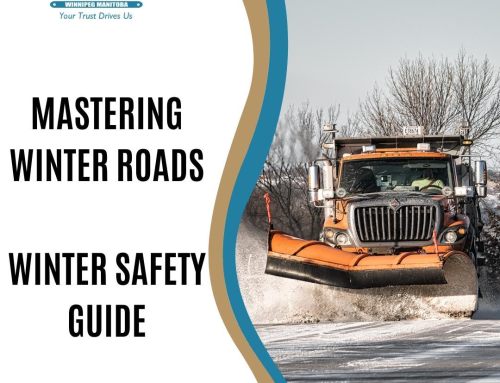Truck drivers use of log book software has increased over the years. Here’s a few things to keep in mind if you run digital logs. Len Dubois Trucking is a Winnipeg trucking company focused on positive driver relationships. We have owner operator and company driver opportunities.
 Trucking is a technology savvy industry. In the not to distant future, Electronic On Board Recorders (EOBR’s), also sometimes referred to as e-logs, will be mandatory. Larger fleets have already been using these devices for sometime.
Trucking is a technology savvy industry. In the not to distant future, Electronic On Board Recorders (EOBR’s), also sometimes referred to as e-logs, will be mandatory. Larger fleets have already been using these devices for sometime.
Many truck drivers who are still using old fashioned paper logs, are now using log book software on their notebooks. It’s nothing new.
A quick Google search for log book software will bring up popular programs such as Fleetmatics log book software (http://www.fleetmatics.com/how-it-works/fleetmatics-driver-logbook/859) and Drivers Daily Log Software (www.drivers-daily-log.com). There’s many more out there.
If you use log book software you need to be prepared.
First you need to back up your files. Like any other file these files can become corrupted. You don’t want to lose your logbook data if your hard drive fails. Some of these programs have options to back up in the cloud. For those who don’t you can easily use free services like Google Drive. If you don’t have a reliable internet connection on the road then backing up to a flash drive is quick and easy.
You need to be able to print a physical copy of your log at all times. Keep in mind that if your printer fails you still need to be able to produce a current log or you’ll be out-of-service for not having a log book. We had a driver, not too long ago, get placed out of service because his printer stopped working and couldn’t produce a physical log. Make sure to have a traditional log book with you in the truck.
To be compliant you need to keep your previous 30 days of logs, in Canada, and the previous 7 days in the U.S with you.
Running your log book on your notebook can be a convenience. Log book software programs can help you stay in compliance with the hours-of-service rules. You need to be prepared for a hard drive or printer failure so you don’t get caught without a log book.




